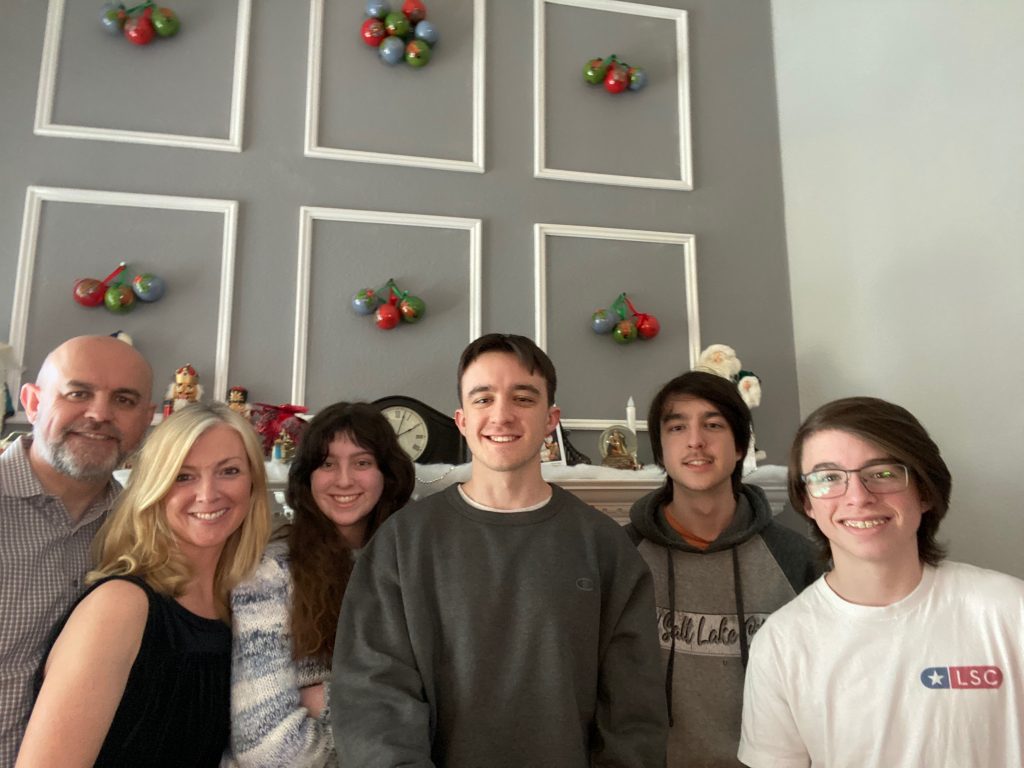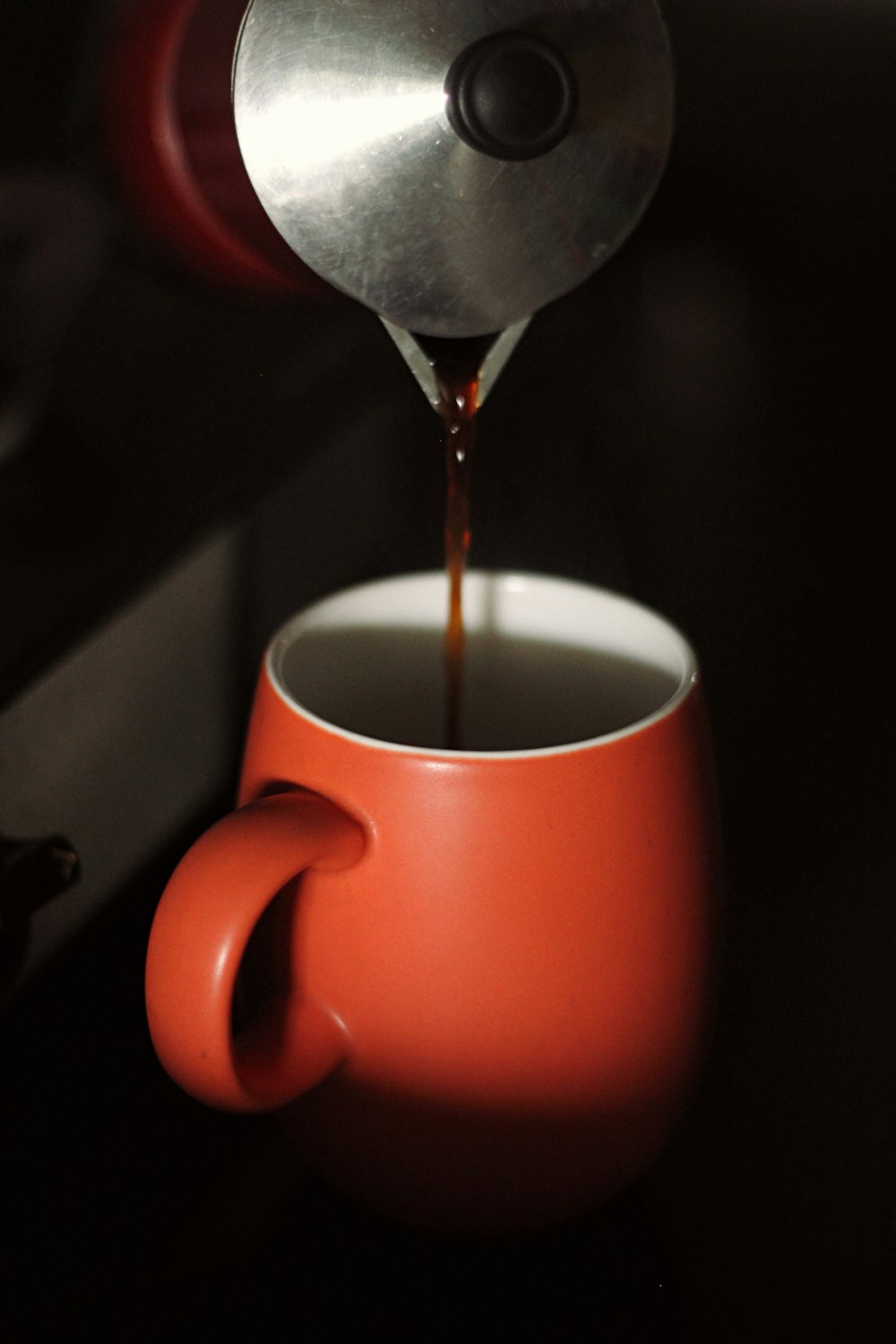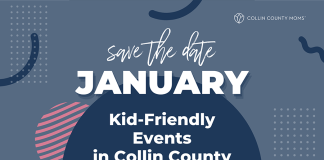Travelling to another country is usually a fun-filled adventure that lasts a couple of weeks. As visitors, we readily accept the culture of our host country, and wallow in the obvious yet pleasant differences between us.
But it’s a whole other story when you move to another country. As natives of Ireland, my husband and, along with our four children, emigrated to the States. While even though people in the U.S. and Ireland both speak English, the differences between these two countries are vast. Here are a few things I have lived through as a native of Ireland, and a citizen of the U.S., for the last 23 years. 
Fresh Off The Boat
As a fresh-off-the-boat twenty-something, as soon as I could, I decided that I wanted to explore the real Texas. Venturing out of Dallas, I kept nudging south. Soon enough, my belly thought my throat was cut, and decided to stop off somewhere to have breakfast.
Being from a European country, I was inundated with American TV shows as a child, where they served plates with portions of food that could easily save a small country from starvation. On my travels south, I came across a sign for the town of Tyler. The name itself sounded deliciously carnivorous. I wet my lips, while my stomach roared.
On the approach towards Main Street, I noticed a number of police cars outside a particular restaurant. I decided that if this restaurant was good enough for the Tyler police, it was certainly good enough for the likes of me! I pulled in immediately, and quite possibly illegally. Nobody blinked. I liked this town already!
The fare did not disappoint. The bacon was plentiful, the hash browns were crunchy, and the eggs ran religiously toward the toast. But it was the coffee that enamored me the most. It was rich and deep, the way my late grandmother would have always described her idle best friend; without the former, the latter would never have time to fester.
Coffee 
I quickly drained what was given to me, and flustered frantically in my purse to find some change for a refill. In Europe, we pay extra for more. After I located what I suspected was a dollar, (after all, new money looks foreign to a foreigner), I looked up to find a broad-aproned lady with an even broader smile.
“Would y’all like a refill, Ma’am?” she waited expectantly.
“Yerra, girl g’wan, just a drop then!” I tried to mirror her smile.
Puzzled, the smile dropped and her voice dropped to an alto. She blinked quizzically at me. With one hand on her hip while the other, ably handling the precious coffeepot, she stared me down.
“I’m sorry ma’am. Is that a YES or a NO?” One of her eyebrows arched expertly. For the life of me, I couldn’t fathom how she did not understand my plain speaking.
Expectations
As funny as that story is to recall, there are many other things in everyday life that I still wonder about. The main one I come across on a daily basis is the idea of expectations. I am always amazed at Americans’ positive assumptions. Countless times, I have been told to “Have a GREAT day!” Or If I ask how their day is going thus far, the answer is invariably the same: “Great!” They assure me, without hesitation, as if nothing short of that will do.
Irish people, on the other end of the spectrum, tend to lessen their expectations for fear of tempting fate. We tend to say things like, “Oh, not too bad,” when asked the same question. This must sound incredibly sad to Americans. Yet, starting our expectations with the worst-case scenario will ensure that the only way the day can go is up.
Flatware/ Cutlery
It is always easy to tell the European actors apart from the American actors in movies. Holding cutlery in a certain way is something most Europeans are taught from a very young age. When I saw Kate Winslet in The Mare of Easttown, instantly I figured that she was not from the U.S. It was not the accent that gave her away. Indeed, that was impeccable. But when she sat down to eat, and held the knife in her right hand, and fork in her left, she cut right to the heart of her Englishness. Many Americans tend to handle their knives with frightening awkwardness, and use their forks mostly; somewhat of social sin elsewhere, but refreshingly unrepressed here.
Words
Words differ, too. An Irish boot and bonnet refer to a car’s hood and trunk.We queue up for tickets, while Americans line up. Our chips are your fries. And if that makes you sick, a trip to the toilet, and not the bathroom, may be in order. When Irish people have good “craic” it is altogether different to the American “crack” but still leaves you with a high.
Unique
But differences aside, we all get along just fine. And even though with every passing year in the States, my siblings may cringe at my Americanization and shudder at my seemingly endless positivity I have casually adopted from my American friends, I am home here. Coffee isn’t the only thing that flows freely in Texas. The many cultures among us make us what we are, and the warmth from people here never loses its charm.
Yes, there are things that divide us, and many tell-tale signs that point to our heritage, but that is what makes the U.S. unique. Because of that culture, albeit a mix of all of us, Texas remains rich and deep. In truth, our collective cup “runneth over”.













